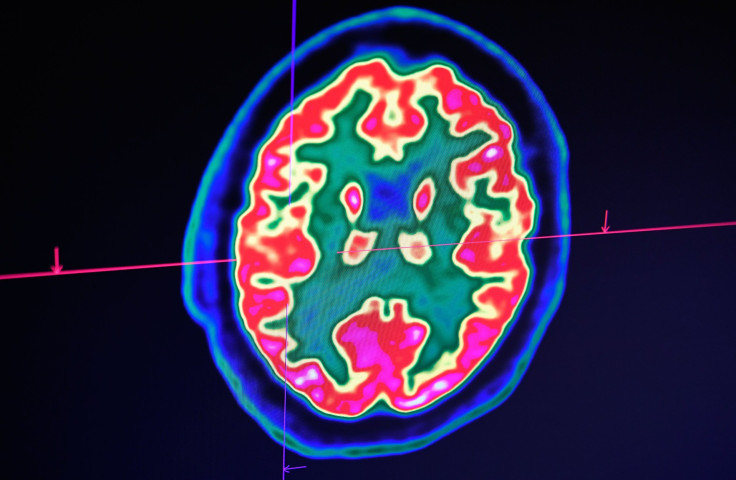Childhood Brain Scans Can Now Predict Future Mental Health Problems

KEY POINTS
- >40 million American adults suffer from common mental illnesses
- Only 36.9% of them receive treatment
- Brain scans conducted at early age can detect psychological conditions & ADHD
Psychiatric problems or attention deficit hyperactivity disorder (ADHD) aren’t diagnosed until a certain age and that can cause a lot of suffering and frustration among children.
A recent study conducted by the experts at UC Berkeley and Northeastern University has now made it evident that brain scans, when conducted at an early stage, could point out whether a youngster is at risk of any mental health conditions or attention issues in the future.
The research published in the Journal of American Medical Association- Psychiatry has paved the way towards several early interventions ranging from exercise to cognitive behavioral therapy or mindfulness regimens that could help mitigate or slow down the progression of neurodevelopmental disorders.
“We found a signature of brain function in childhood that helps to predict changes in mood symptoms over four years, and another one that helps to predict changes in attention,” University of California News quoted the study’s senior researcher Silvia Bunge, a professor of psychology and member of the Helen Wills Neuroscience Institute at UC Berkeley.
The study’s authors opine that psychiatric disorders are diagnosed quite later and the treatments are carried out reactively instead of taking preventive measures. They believe that their findings could pave the way towards great clinical implications pertaining to mental health conditions.
They used functional MRI (fMRI) to analyze the brain data from 94 children during a period of four years. The children were above 7 years of age and the researchers identified several biomarkers for symptoms including anxiety, depression and attention deficit disorder that occur in the adolescent stage.
Amongst kids with mood disorders, the researchers detected weak connectivity between a control region located in the prefrontal cortex of the brain and the subgenual anterior cingulate cortex region. And as far as attention disorders are concerned, they found an overly strong link between the above-mentioned cortex portions of the brain.
While psychiatric vulnerabilities are yet to be diagnosed using brain scans, the research team hopes that brain scans of kids who might exhibit mental health issues could help create their treatment plan in the near future. The findings of the study illustrate the idea that neurobiological seeds of future psychopathology can be predicted earlier in childhood.
© Copyright IBTimes 2024. All rights reserved.






















